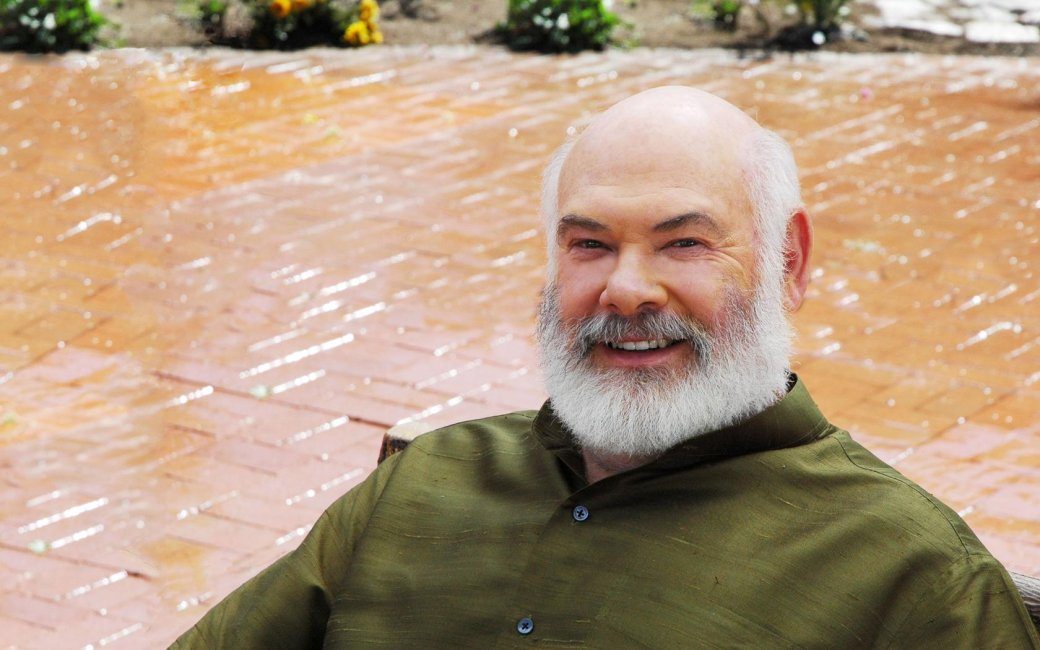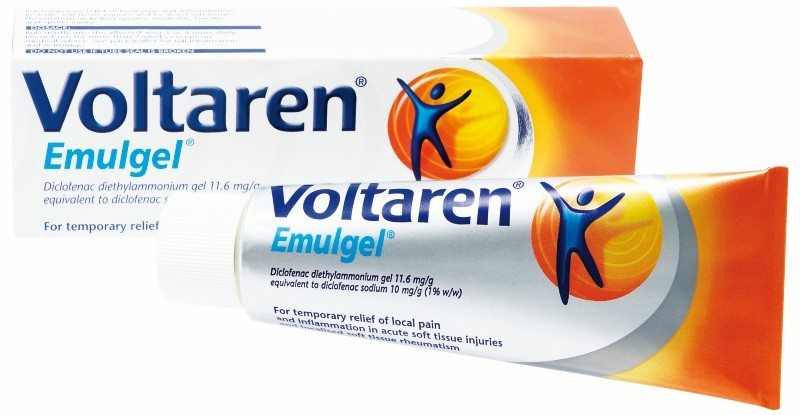Results for: placebos
Blatant pro-alternative medicine propaganda in The Atlantic
Some of my fellow Science-Based Medicine (SBM) bloggers and I have been wondering lately what’s up with The Atlantic. It used to be one of my favorite magazines, so much so that I subscribed to it for roughly 25 years (and before that I used to read my mother’s copy). In general I enjoyed its mix of politics, culture, science, and other...
SBM at TAM9
This year The Amazing Meeting 9 (designated TAM9 From Outer Space) will be held in Las Vegas from July 14-17. If you have not registered, do it fast – this year the conference will likely sell out. Among the many incredible speakers and events at TAM9 there will be a Science-Based Medicine workshop and an SBM panel discussion. The prominence of SBM...
Pragmatic Studies and Cinderella Medicine
Explanatory studies are done under controlled conditions to determine whether a treatment has any efficacy compared to a placebo. Pragmatic studies are designed to assess how the intervention performs in everyday real world practice. Pragmatic studies measure practical success but don’t determine actual efficacy: that requires a proper randomized controlled trial (RCT) with an appropriate control. Pragmatic studies have their place, but...

Surprise, surprise! Dr. Andrew Weil doesn’t like evidence-based medicine
Dr. Andrew Weil is a rock star in the “complementary and alternative medicine” (CAM) and “integrative medicine” (IM) movement. Indeed, it can be persuasively argued that he is one of its founders, at least a founder of the its most modern iteration, and I am hard-pressed to think of anyone who did more in the early days of the CAM/IM movement, back...
Placebo Prescriptions
Whether it’s acupuncture, homeopathy or the latest supplement, placebo effects can be difficult to distinguish from real effects. Today’s post sets aside the challenge of identifying placebo effects and look at how placebos are used in routine medical practice. I’ve been a pharmacist for almost 20 years, and have never seen a placebo in practice, where the patient was actively deceived by...
Do calcium supplements cause heart attacks?
Calcium is good for us, right? Milk products are great sources of calcium, and we’re told to emphasize milk products in our diets. Don’t (or can’t) eat enough dairy? Calcium supplements are very popular, especially among women seeking to minimize their risk of osteoporosis. Osteoporosis prevention and treatment guidelines recommend calcium and vitamin D as an important measure in preserving bone density...
Acupuncture Revisited
Believers in acupuncture claim it is supported by plenty of published scientific evidence. Critics disagree. Thousands of acupuncture studies have been done over the last several decades, with conflicting results. Even systematic reviews have disagreed with each other. The time had come to re-visit the entire body of acupuncture research and try to make sense out of it all. The indefatigable CAM...
Spreading the Word
Lest some of our readers imagine that the authors of this blog are mere armchair opinion-spouters and keyboard-tappers for one little blog, I’d like to point out some of the other things we do to spread the word about science and reason. Steven Novella’s new course about medical myths for “The Great Courses” of The Teaching Company is a prime example: more about...
Ethics in human experimentation in science-based medicine
Science-based medicine depends upon human experimentation. Scientists can do the most fantastic translational research in the world, starting with elegant hypotheses, tested through in vitro and biochemical experiments, after which they are tested in animals. They can understand disease mechanisms to the individual amino acid level in a protein or nucleotide in a DNA molecule. However, without human testing, they will never...

Topical NSAIDs
I have a mental basket of drugs that I suspect may be placebos. In that basket were the topical versions of non-steroidal anti-inflammatory drugs (NSAIDs). When the first products were commercially marketed over a decade ago, I found the clinical evidence unconvincing, and I suspected that the modestly positive effects were probably due to simply rubbing the affected area, or possibly due...

